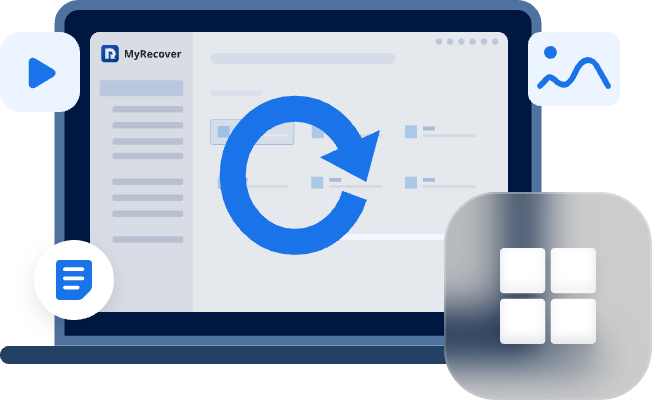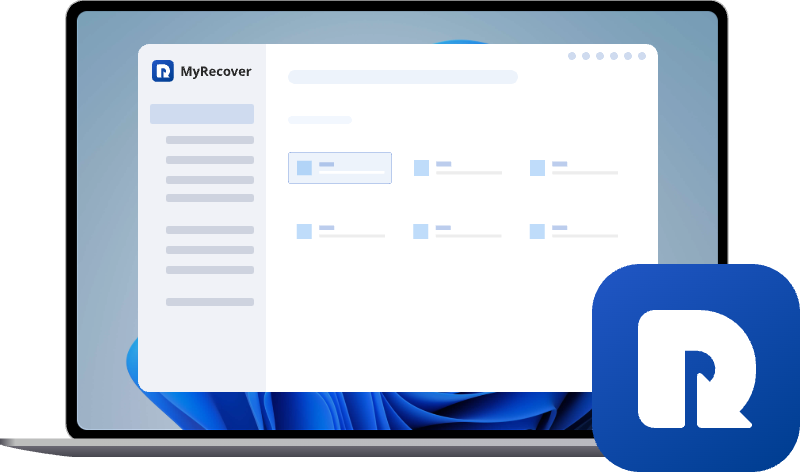10 Methods to Fix Windows 11 Slow: Effective Solutions for Improved Performance
Facing a slow performance problem with Windows 11? Explore 10 effective methods to fix Windows 11 slow and boost system performance.
Introduction
Is your Windows 11 operating system performing sluggishly? Don't worry, you're not alone. Many users face the issue of slow performance on Windows 11, which can lead to frustration and decreased productivity. In this article, we will outline the problem of a slow Windows 11 and provide you with 10 practical methods to fix it. By following these solutions, you can optimize your system's performance and enjoy a smoother computing experience.
Part 1: Understanding the Problem
Before diving into the solutions to fix the slow performance issue, let's understand what causes it. Several factors can contribute to a slow Windows 11:
1. Insufficient Disk Space
When your computer's hard drive is running out of storage space, it can significantly affect system performance. Windows 11 requires ample free space to operate smoothly.
2. Outdated Hardware
If you're using outdated hardware components or insufficient RAM, it can lead to slower system performance. Your CPU, RAM, and other hardware play a crucial role in determining your computer's speed.
3. Malware or Viruses
Malicious software can bog down your system and affect its overall performance. Viruses, spyware, and other malware can consume system resources and cause your Windows 11 to slow down.
Part 2: Effective Solutions to Fix Windows 11 Slow
Now that we understand the common causes of a slow Windows 11, let's delve into the solutions. Follow these methods step-by-step to optimize your system's performance:
Method 1: Freeing Up Disk Space
A cluttered hard drive can significantly impact your computer's speed. Follow these steps to free up disk space:
- Click on the Start button and select Settings.
- In the Settings window, click on System and then select Storage.
- Under the Storage menu, click on This PC and select Temporary files.
- Check the boxes for the types of files you want to remove, such as Temporary files and Recycle Bin.
- Click on the Remove files button to delete the selected files.
By removing unnecessary files and freeing up disk space, you can improve your system's performance.
Method 2: Updating Hardware Drivers
Outdated drivers can lead to compatibility issues and slow down your system. Follow these steps to update your hardware drivers:
- Press the Windows + X keys on your keyboard and select Device Manager from the menu.
- In the Device Manager window, expand the relevant categories (e.g., Display adapters, Sound, video and game controllers)
- Right-click on the hardware device and select Update driver.
- Choose to automatically search for updated driver software.
- Follow the on-screen instructions to complete the driver update process.
Updating your hardware drivers ensures compatibility with Windows 11 and enhances system performance.
Method 3: Running Windows Update
Regularly updating your system with the latest Windows 11 updates helps improve performance and fix known issues. Follow these steps to run Windows Update:
- Click on the Start button and select Settings.
- In the Settings window, click on Windows Update.
- Click on the Check for updates button and wait for Windows to automatically search for available updates.
- If updates are found, click on the Download and install button to install them.
Keeping your system up-to-date with the latest Windows updates ensures optimal performance.
Method 4: Scan for Malware and Viruses
Malicious software can cause your system to slow down. It is essential to regularly scan your system for malware and viruses. Follow these steps to scan for malware:
- Install a reputable antivirus software.
- Launch the antivirus software and run a full system scan.
- If any malware or viruses are detected, follow the software's instructions to remove them.
By scanning your system and removing any malicious software, you can restore your computer's performance.
MyRecover: Recovering Deleted/Lost Files on Windows
If you've encountered the Windows 11 slow issue and lost important files in the process, MyRecover can help you retrieve them. MyRecover is a reliable data recovery tool that can assist in recovering deleted or lost files.
Key Features of MyRecover:
- Efficiently recovers various file formats, including documents, photos, videos, and more.
- Supports recovery from different storage devices, such as hard drives, SSDs, USB drives, and memory cards.
- Simple and user-friendly interface that allows easy file recovery.
Operating Steps:
- Download and install MyRecover on your computer.
- Launch the software and select the drive where the lost files were originally stored.
- Click on the Scan button to initiate the scanning process.
- After the scan is complete, preview the recoverable files and select the ones you want to restore.
- Click on the Recover button to retrieve your lost files.
With MyRecover, you can easily recover deleted or lost files after fixing the Windows 11 slow issue.
FAQs
Q: Why is my Windows 11 running slow?
A: There are several reasons why Windows 11 could be running slow, such as insufficient disk space, outdated hardware, or malware infections.
Q: How can I optimize Windows 11 for better performance?
A: You can optimize Windows 11 by freeing up disk space, updating hardware drivers, running Windows Update, and scanning for malware.
Q: Can MyRecover recover files from a formatted drive?
A: Yes, MyRecover can recover files from a formatted drive, provided that the data has not been overwritten.
Q: Does MyRecover support external hard drives?
A: Yes, MyRecover supports the recovery of files from external hard drives, USB drives, and various other storage devices.
Q: How long does the scanning process with MyRecover take?
A: The scanning process time with MyRecover depends on the size of the selected drive and the number of files on it.
Q: Can I recover specific file types with MyRecover?
A: Yes, MyRecover allows you to select specific file types for recovery, making the process more efficient.
Conclusion
In conclusion, a slow Windows 11 can hamper your productivity. By following the 10 methods outlined in this article, you can effectively fix the Windows 11 slow issue and enhance your system's performance. Additionally, MyRecover provides a reliable solution for recovering deleted or lost files. With proper optimization and the right tools, you can enjoy a fast and efficient Windows 11 experience.


